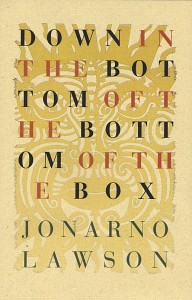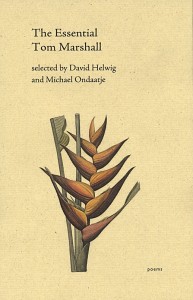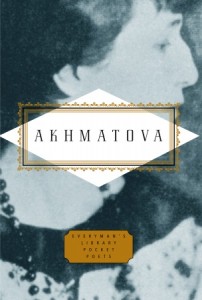 While I received a review copy of Jon Arno Lawson’s intriguing and addictive Down in the Bottom of the Bottom of the Box, a few weeks ago, I’ve been taking my time in reading it. These are children’s poems–I suppose, that’s their intent, anyway, and I’ve spent time with them, reading them aloud to RRBB at night, marveling at the intense way that Lawson uses language, rhyming and rhythm, and thinking about the very strong tradition we have in Canada in terms of children’s poetry (think Alligator Pie and all its descendants). RRBB didn’t really sit still while we were looking through the book the few times that I read it aloud to him–the images were perhaps a bit too advanced (he’s only 2) but he did like the language, and he was especially drawn to “The Solar Bears,” (which is accompanied by the most brilliant yellow illustration (there are paper cut illos through the entire book, which the artist, Alec Dempster, created by drawing a template onto handmade Japanese paper, and then working with a knife! [they are stunning–I would put theme up on my wall in a second]). What my son didn’t truly understand, which is English-major of a mother would, is the lovely reverberation of influences that float like a river through all of the poems–whether its familiar, like traditional fairy tales, or newish, like the mystical “Lunar wolves” of Lawson’s own creation (or not?).
While I received a review copy of Jon Arno Lawson’s intriguing and addictive Down in the Bottom of the Bottom of the Box, a few weeks ago, I’ve been taking my time in reading it. These are children’s poems–I suppose, that’s their intent, anyway, and I’ve spent time with them, reading them aloud to RRBB at night, marveling at the intense way that Lawson uses language, rhyming and rhythm, and thinking about the very strong tradition we have in Canada in terms of children’s poetry (think Alligator Pie and all its descendants). RRBB didn’t really sit still while we were looking through the book the few times that I read it aloud to him–the images were perhaps a bit too advanced (he’s only 2) but he did like the language, and he was especially drawn to “The Solar Bears,” (which is accompanied by the most brilliant yellow illustration (there are paper cut illos through the entire book, which the artist, Alec Dempster, created by drawing a template onto handmade Japanese paper, and then working with a knife! [they are stunning–I would put theme up on my wall in a second]). What my son didn’t truly understand, which is English-major of a mother would, is the lovely reverberation of influences that float like a river through all of the poems–whether its familiar, like traditional fairy tales, or newish, like the mystical “Lunar wolves” of Lawson’s own creation (or not?).
What Porcupine’s Quill does, I think impressively, is package poetry in a way that’s both charming and eclectic, both in their choices in terms of what to publish, but also in the way they’ve designed the books themselves. This book is beautiful. It’s an object to be enjoyed as much as the poems themselves bend your ears to the non-stop tick-tock of Lawson’s voice. What I think is most important to remember about poetry for children is how they themselves play with language upon learning, words have fluid and flexible meanings, they are representative of big, massive imaginations, and hold all kinds of potential–all of which Lawson bottles and bursts out in various ways throughout the book. From the more whimsical in the collection, something like “The Minimum Amount of Money,” (‘What’s the minimum amount of money, Mum? / A minimal amount is a criminal sum / subliminally small — slightly more than none, / that’s the minimal amount of money, son.’), to poems that have a touch of what I hesitate to call magical realism (what we would just call ‘imagination’ in children, I would imagine), there’s a consistent dedication to not only how language presents itself on the page, but how it sounds as its spoken–and I really feel like the power in this work comes from how terrific they sound when spoken aloud, like I did with my son.

